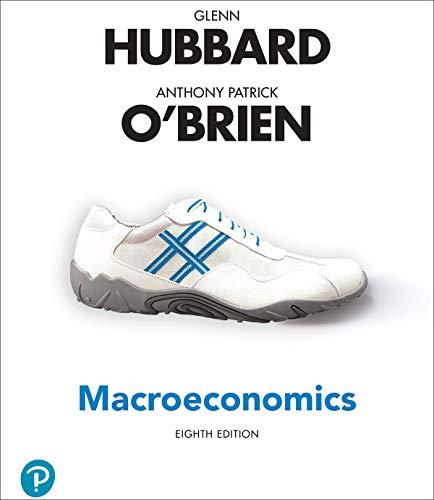The city of Philadelphia imposes a 10 percent tax on sales of liquor in the city. According
Question:
The city of Philadelphia imposes a 10 percent tax on sales of liquor in the city. According to the city’s website, the liquor tax “is technically paid by retail customers at the point of sale. However, the seller is responsible for filing and paying the tax on a monthly basis.”
a. What does the city mean that the liquor tax is “technically paid by retail customers at the point of sale”? Are the prices that customers pay for liquor 10 percent higher than they would be if there were no tax? Briefly explain.
b. If customers, rather than sellers, were legally responsible for filing and paying the tax with the city, would it change the price that customers pay for liquor or the price sellers receive (minus the amount of the tax)? Briefly explain. (Ignore potential problems the city might have in actually collecting the tax if customers were required to file and pay it.)
Step by Step Answer:






